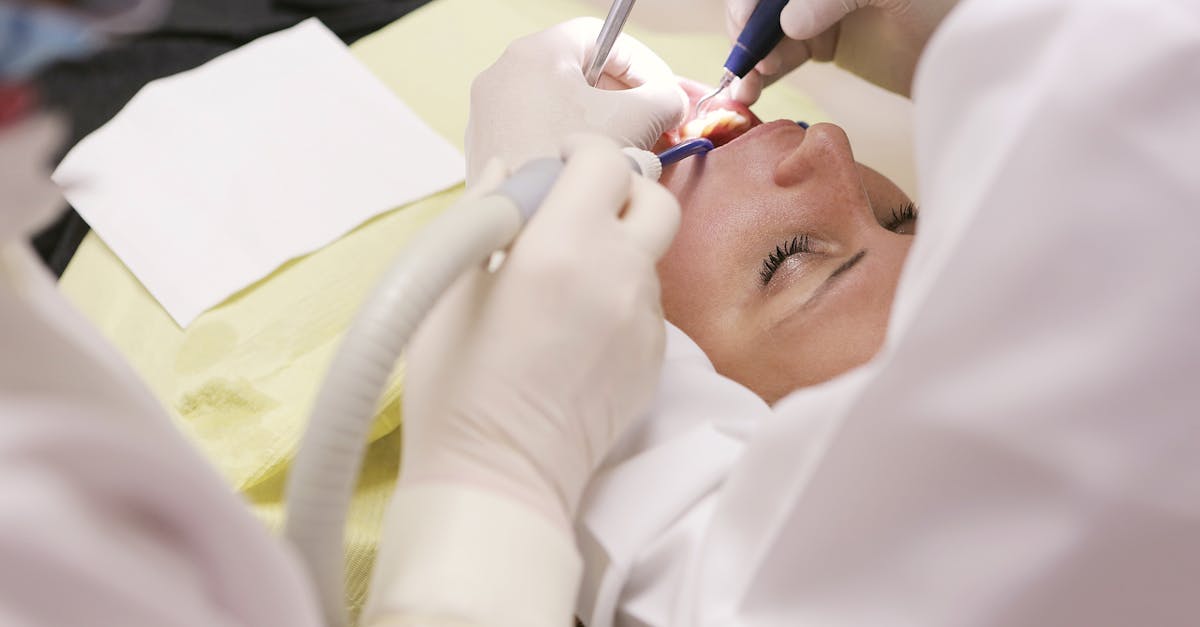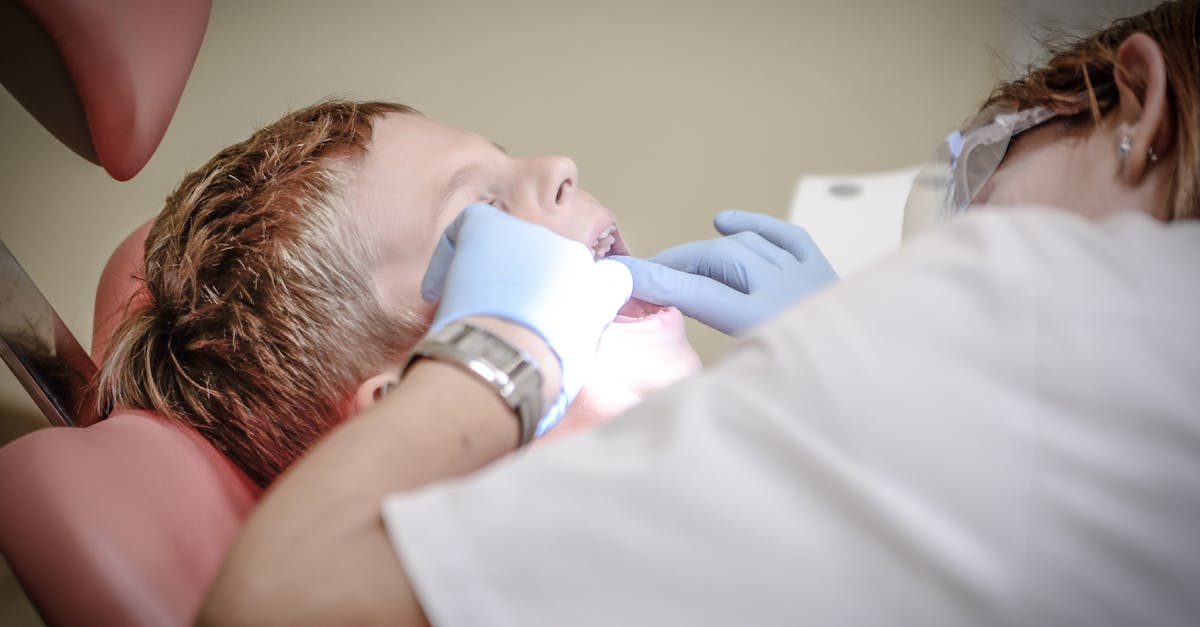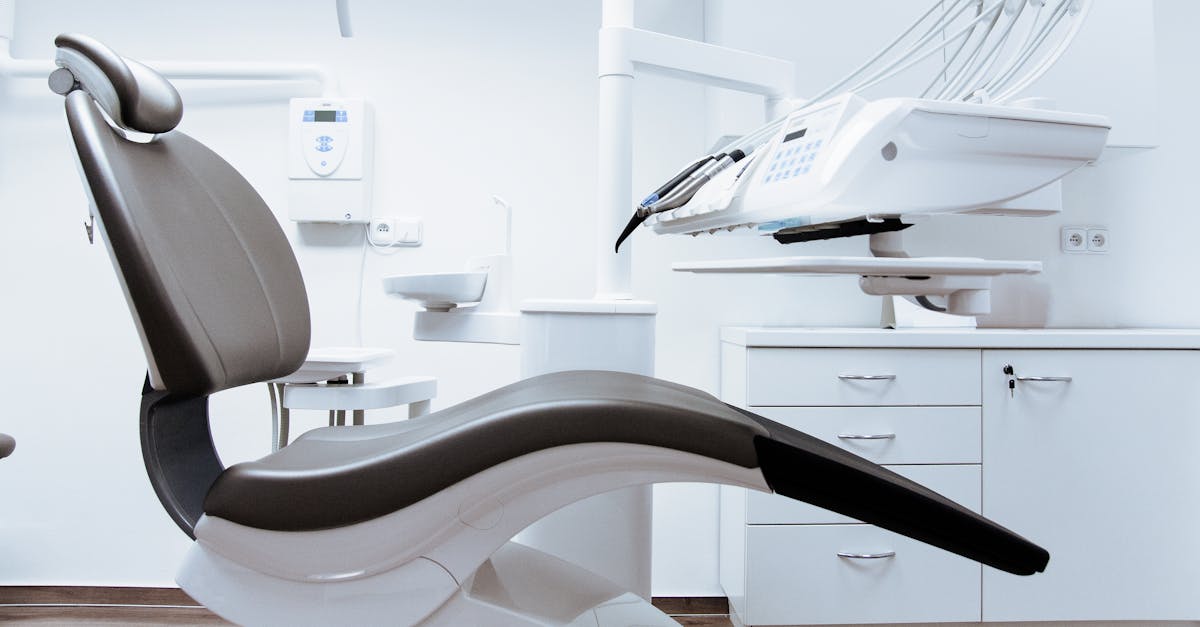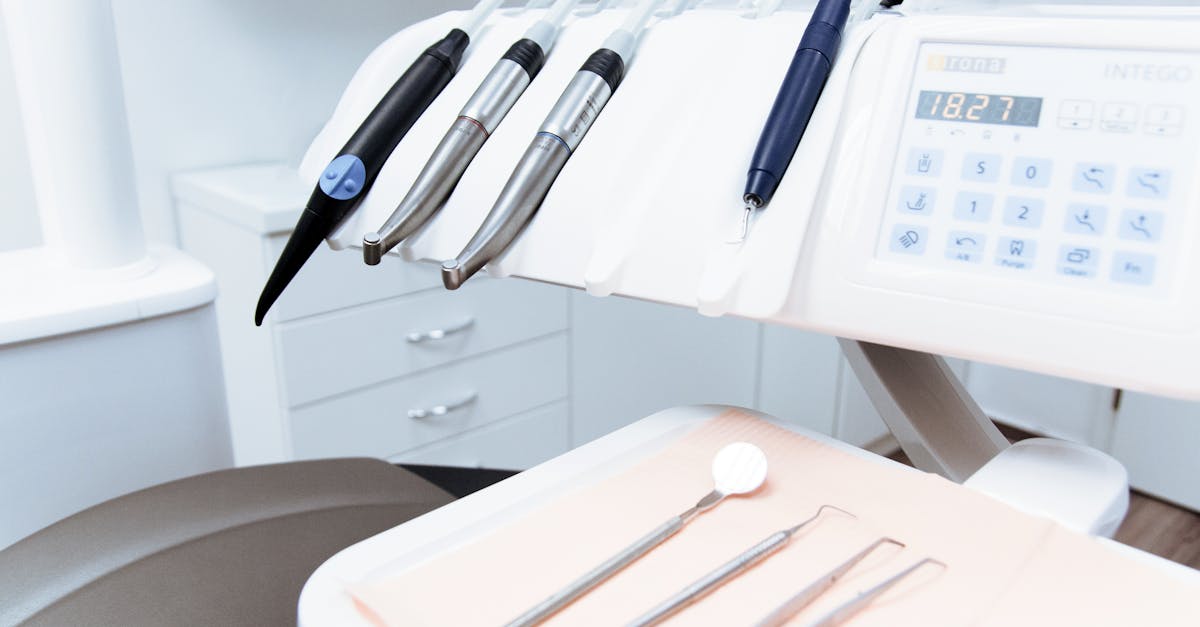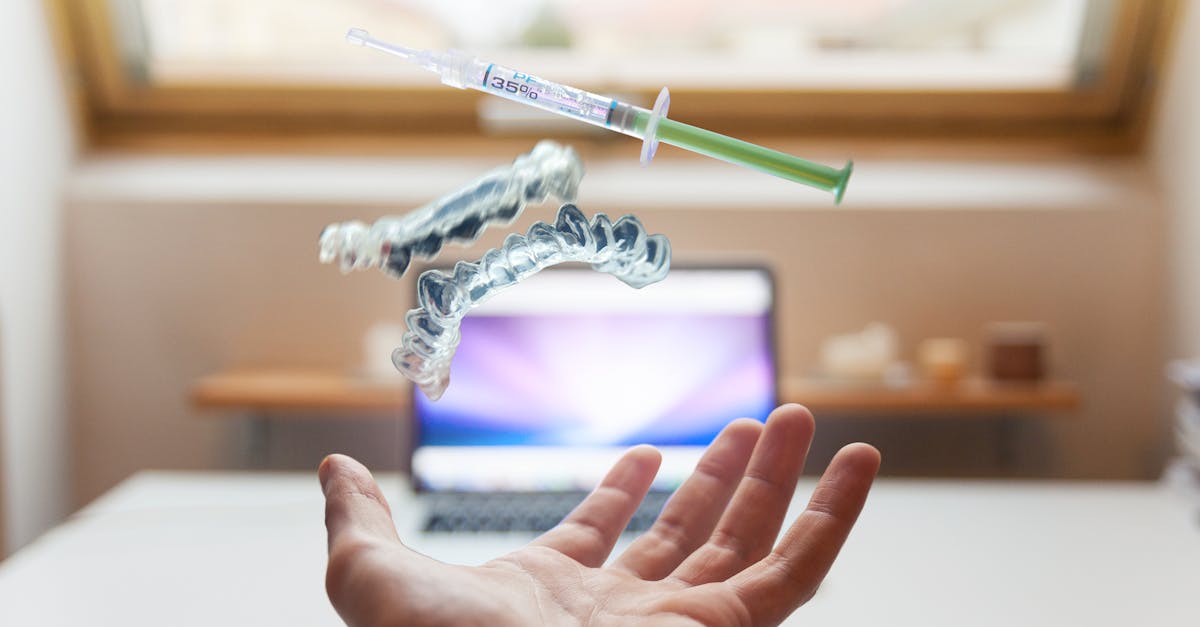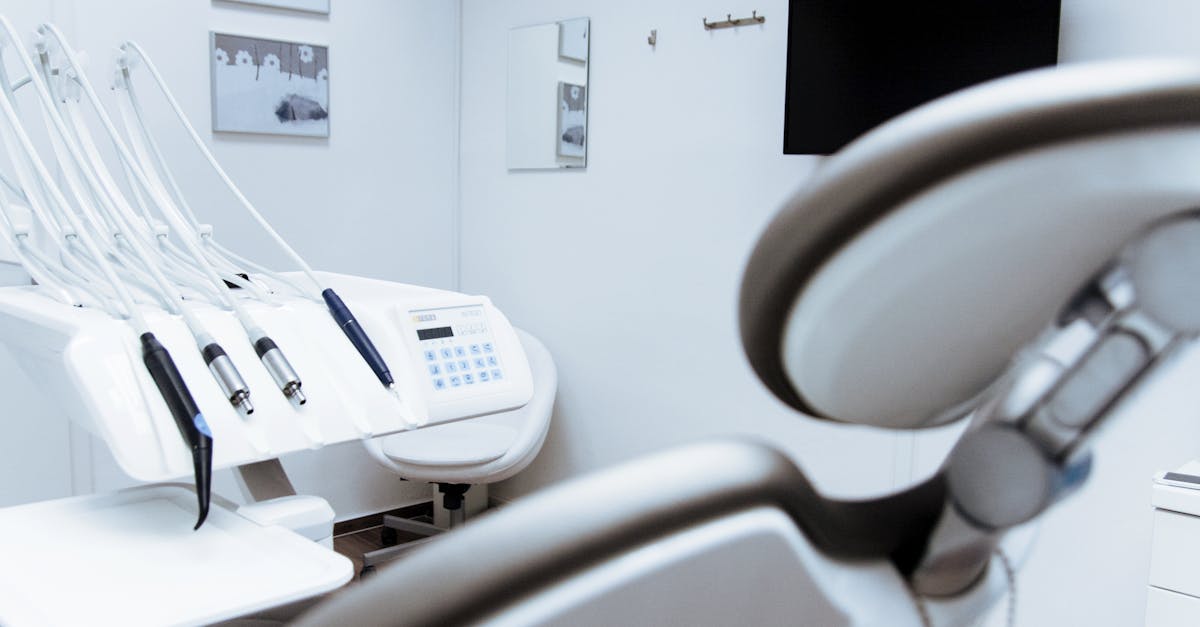
PostImplant Care and Followup Procedures
Proper care and follow-up procedures after dental implant placement are crucial for ensuring successful outcomes. Patients who have undergone dental implant surgery at facilities like Dental Implant Placement Basque Block, Boise must adhere to the post-implant care instructions provided by their oral surgeon. These instructions often include maintaining good oral hygiene practices, avoiding certain foods that may disrupt the healing process, and attending follow-up appointments as scheduled. By following these guidelines diligently, patients can facilitate the healing and integration of their dental implants, leading to long-term success.
Regular follow-up appointments with the oral surgeon are essential to monitor the progress of healing and ensure that the dental implants are integrating properly with the surrounding bone and gum tissue. During these follow-up visits at Dental Implant Placement Basque Block, Boise, the oral surgeon may conduct various assessments, such as checking for signs of infection, evaluating the stability of the implants, and discussing any concerns or discomfort the patient may be experiencing. By staying proactive with post-implant care and attending follow-up appointments, patients can help mitigate potential risks and complications associated with dental implant surgery, ultimately increasing the likelihood of a successful outcome.
Ensuring Successful Healing and Integration of Dental Implants
Dental implants provide a long-term solution for individuals missing teeth, ensuring a natural look and feel. Successful healing and integration of dental implants are crucial for long-term stability and functionality. Following Dental Implant Placement in North End, Boise, patients should adhere strictly to post-operative care instructions provided by their dental professional. This includes maintaining good oral hygiene practices, such as gentle brushing and flossing, to prevent complications during the healing process.
Ensuring successful healing and integration of dental implants also involves regular follow-up appointments with the dentist. These check-ups allow the dentist to monitor the healing progress and address any concerns promptly. By closely following the recommended post-implant care regimen and attending follow-up appointments, patients can enhance the chances of a successful outcome and enjoy the benefits of a healthy, functional smile for years to come.
Potential Risks and Complications of Dental Implant Surgery
Potential Risks and Complications of Dental Implant Surgery
Dental implant surgery, while generally safe and effective, does come with potential risks and complications. As with any surgical procedure, there is a risk of infection at the implant site. This risk can usually be mitigated by following proper post-operative care instructions provided by the dental professional. Additionally, some patients may experience temporary discomfort, swelling, or bruising following the surgery, which typically resolves with time. It is essential for patients to communicate any unusual symptoms or concerns to their dental provider promptly. Dental Implant Placement Pioneer, Boise, emphasizes the importance of closely monitoring the healing process and seeking immediate medical attention if any complications arise.
In rare cases, complications such as nerve damage, implant rejection, or implant failure may occur. Nerve damage can lead to numbness or tingling in the surrounding areas, and it is crucial for patients to report any sensory changes to their dental provider. Implant rejection, while uncommon, can happen if the body's immune system views the implant as a foreign object and attempts to reject it. Dental Implant Placement Pioneer, Boise, stresses the importance of thorough patient evaluation and proper treatment planning to minimize the risk of implant rejection. In cases of implant failure, where the implant does not integrate successfully with the jawbone, additional procedures may be necessary to correct the issue.
Understanding and Mitigating Risks Associated with Dental Implants
When considering the risks associated with dental implants, it is essential to understand that complications can arise during any surgical procedure, including dental implant placement. Common risks may include infection, nerve damage, implant failure, and inadequate osseointegration. However, selecting a reputable and experienced provider, such as Dental Implant Placement Hyde Park, Boise, can significantly mitigate these risks.
Moreover, meticulous pre-operative planning, adherence to proper surgical techniques, and strict post-operative care are crucial in reducing the likelihood of complications. Patients should follow all post-implant care instructions provided by their dental provider diligently. Regular follow-up appointments are essential to monitor healing progress and address any issues promptly. Through comprehensive risk assessment and proactive measures, the success rate of dental implants can be optimized, leading to long-term oral health benefits.
LongTerm Maintenance and Success Rate of Dental Implants
Long-term maintenance plays a crucial role in ensuring the success and longevity of dental implants. Regular dental check-ups and cleanings are essential to monitor the condition of the implants and surrounding tissues. Patients are advised to maintain good oral hygiene practices, including brushing and flossing regularly, to prevent any complications. Dental Implant Placement Hyde Park, Boise, emphasizes the importance of following post-implant care instructions provided by the dental team to maximize the success rate of the implants.
Furthermore, the success rate of dental implants largely depends on how well they integrate with the surrounding bone and tissue. Proper healing and integration are critical for the implants to function effectively in the long term. Patients are encouraged to follow all recommended follow-up procedures and guidelines to ensure successful healing and integration of the implants. Dental Implant Placement Hyde Park, Boise, stresses the significance of understanding and adhering to the post-surgery care instructions to minimize the risk of complications and maximize the overall success rate of dental implants.
Ensuring Durability and Longevity of Dental Implants
Ensuring the durability and longevity of dental implants is crucial for the overall success of the procedure. Effective oral hygiene practices play a significant role in maintaining the health of the implants and surrounding tissues. Regular brushing, flossing, and dental check-ups are essential in preventing potential issues such as gum disease or infection that could compromise the integrity of the implants. Patients should follow the post-implant care instructions provided by their dental healthcare provider to promote optimal healing and long-term success of the Dental Implant Placement Boise.
Moreover, lifestyle factors can also impact the longevity of dental implants. Avoiding habits such as smoking and excessive alcohol consumption can contribute to the overall health of the mouth and reduce the risk of complications. Additionally, maintaining a balanced diet rich in essential nutrients can support the healing process and strengthen the jawbone around the implants. By following these guidelines and staying proactive in oral care, patients can enhance the durability and longevity of their dental implants effectively.
FAQS
Is it safe to get dental implants?
Yes, dental implants are generally considered safe when performed by a qualified and experienced dental professional.
How can I ensure the safest place to get dental implants?
To ensure the safest place to get dental implants, it is recommended to choose a reputable dental clinic with experienced implant specialists and a good track record of successful implant surgeries.
Are there any risks associated with dental implant surgery?
Like any surgical procedure, there are risks associated with dental implant surgery, but these risks can be minimized by choosing a skilled and qualified dental professional and following post-operative care instructions diligently.
What can I do to mitigate the risks associated with dental implants?
To mitigate the risks associated with dental implants, it is important to follow pre-operative and post-operative instructions provided by your dental professional, maintain good oral hygiene, and attend regular follow-up appointments.
What is the long-term success rate of dental implants?
The long-term success rate of dental implants is high, with proper care and maintenance. Regular dental check-ups, good oral hygiene practices, and avoiding habits like smoking can contribute to the longevity of dental implants.
